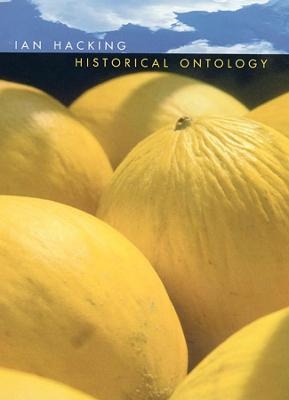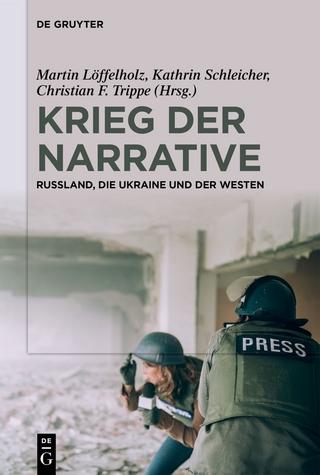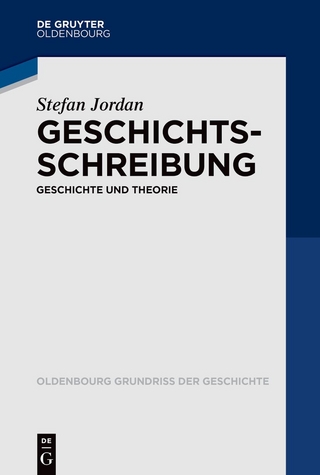
Historical Ontology
Seiten
2004
Harvard University Press (Verlag)
978-0-674-01607-1 (ISBN)
Harvard University Press (Verlag)
978-0-674-01607-1 (ISBN)
With the unusual clarity, distinctive and engaging style, and penetrating insight that have drawn such a wide range of readers to his work, Ian Hacking here offers his reflections on the philosophical uses of history. The focus of this volume, which collects both recent and now-classic essays, is the historical emergence of concepts and objects, through new uses of words and sentences in specific settings, and new patterns or styles of reasoning within those sentences. In its lucid and thoroughgoing look at the historical dimension of concepts, the book is at once a systematic formulation of Hacking’s approach and its relation to other types of intellectual history, and a valuable contribution to philosophical understanding.
Hacking opens the volume with an extended meditation on the philosophical significance of history. The importance of Michel Foucault—for the development of this theme, and for Hacking’s own work in intellectual history—emerges in the following chapters, which place Hacking’s classic essays on Foucault within the wider context of general reflections on historical methodology. Against this background, Hacking then develops ideas about how language, styles of reasoning, and “psychological” phenomena figure in the articulation of concepts—and in the very prospect of doing philosophy as historical ontology.
Hacking opens the volume with an extended meditation on the philosophical significance of history. The importance of Michel Foucault—for the development of this theme, and for Hacking’s own work in intellectual history—emerges in the following chapters, which place Hacking’s classic essays on Foucault within the wider context of general reflections on historical methodology. Against this background, Hacking then develops ideas about how language, styles of reasoning, and “psychological” phenomena figure in the articulation of concepts—and in the very prospect of doing philosophy as historical ontology.
Ian Hacking was University Professor Emeritus at the University of Toronto. He held the Chair of Philosophy and History of Concepts at the Collège de France.
1. Historical Ontology 2. Five Parables 3. Two Kinds of "New Historicism" for Philosophers 4. The Archaeology of Michel Foucault 5. Michel Foucault's Immature Science 6. Making Up People 7. Self-Improvement 8. How, Why, When, and Where Did Language Go Public? 9. Night Thoughts on Philology 10. Was There Ever a Radical Mistranslation? 11. Language, Truth, and Reason 12. "Style" for Historians and Philosophers 13. Leibniz and Descartes: Proof and Eternal Truths 14. Wittgenstein as Philosophical Psychologist 15. Dreams in Place Works Cited Sources Index
| Erscheint lt. Verlag | 15.10.2004 |
|---|---|
| Verlagsort | Cambridge, Mass |
| Sprache | englisch |
| Maße | 152 x 229 mm |
| Gewicht | 408 g |
| Themenwelt | Geisteswissenschaften ► Geschichte ► Geschichtstheorie / Historik |
| ISBN-10 | 0-674-01607-6 / 0674016076 |
| ISBN-13 | 978-0-674-01607-1 / 9780674016071 |
| Zustand | Neuware |
| Informationen gemäß Produktsicherheitsverordnung (GPSR) | |
| Haben Sie eine Frage zum Produkt? |
Mehr entdecken
aus dem Bereich
aus dem Bereich
Russland, die Ukraine und der Westen
Buch | Softcover (2024)
De Gruyter (Verlag)
CHF 55,90
wie Irritationen historisches Denken anregen
Buch | Softcover (2024)
Kohlhammer (Verlag)
CHF 96,55
Geschichte und Theorie
Buch | Softcover (2024)
De Gruyter Oldenbourg (Verlag)
CHF 34,90


